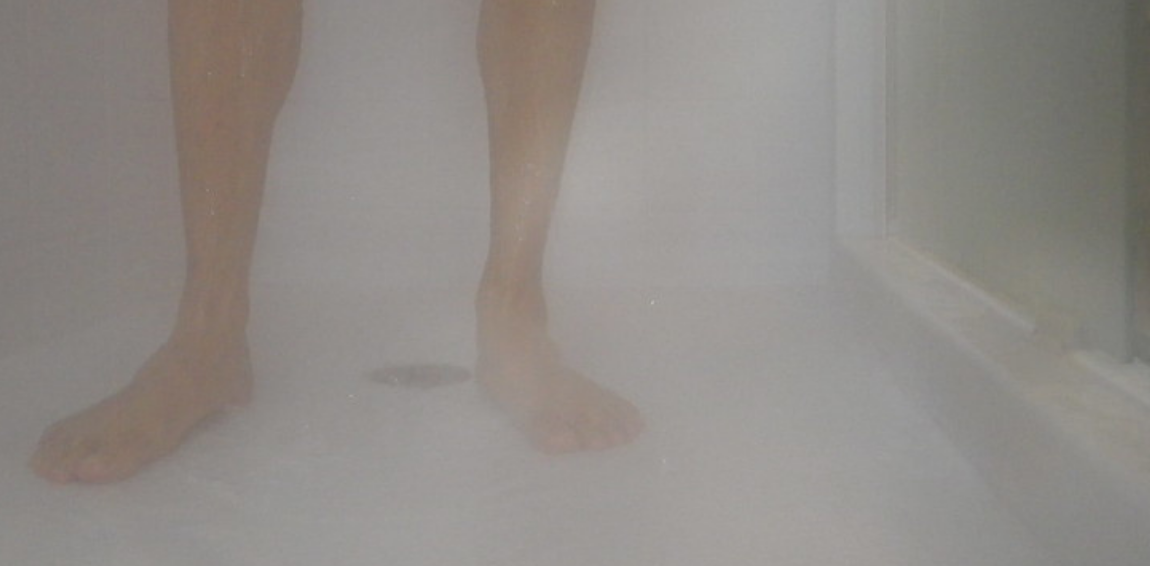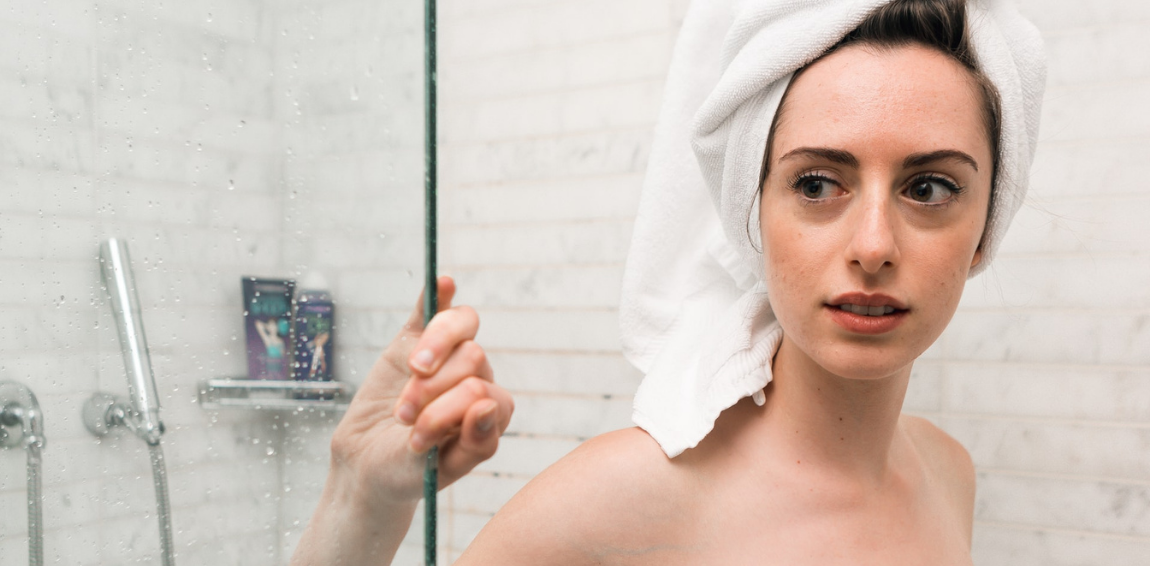Let’s be honest for a moment—peeing in the shower isn’t exactly a topic most people openly discuss, but it’s something many have tried at least once. In fact, a surprising 80% of people admit to doing it, according to a survey conducted by Shape Magazine. While it may seem harmless and even a little convenient, some medical professionals are warning women to rethink this habit. So, why exactly should women stop peeing in the shower?
Understanding Why People Pee in the Shower

Peeing in the shower can seem like a natural impulse. You’re already in there, you’re surrounded by running water, and it feels like a convenient way to save time and even water. But beyond convenience, there’s a psychological component, too. Running water can trigger the urge to urinate—a phenomenon known as the “waterfall effect.” This effect makes people feel like they have to go, even if they didn’t feel the urge before stepping into the shower.
While these reasons may sound perfectly logical, doctors have some serious concerns. The habit may seem like a simple time-saver, but its potential consequences for bladder control and pelvic health shouldn’t be ignored.
The Health Concerns: What Gynecologists Say
Dr. Alicia Jeffrey Thomas, a pelvic floor therapist, and Dr. Stacey Picart, a gynecologist, are among the medical professionals who have shared their thoughts on this matter. Their message is clear: peeing in the shower could lead to long-term health issues, particularly for women.
According to Dr. Jeffrey Thomas, repeatedly urinating in the shower can train the brain to associate the sound of running water with the need to urinate. This conditioning can lead to unintended consequences, like feeling the sudden urge to urinate whenever you hear water running, whether it’s the kitchen faucet or a babbling brook on a nature walk. In other words, the body starts to link water sounds to bladder function, which can be inconvenient and sometimes embarrassing.
The Link Between Shower Peeing and Pelvic Floor Health
One of the primary concerns about this habit is its impact on the pelvic floor muscles. The pelvic floor is a group of muscles that support your bladder, uterus, and other organs. These muscles play a crucial role in maintaining bladder control. When women pee in the shower, they often do so standing up, which doesn’t allow the pelvic floor muscles to relax properly. Over time, this could contribute to weakened muscles or abnormal bladder function, which increases the risk of urinary tract infections (UTIs).
Dr. Picart adds, “If your pelvic floor muscles are tight or weakened, they can prevent your bladder from fully emptying. This can make you prone to recurrent UTIs.” Essentially, this habit might not only condition your bladder but also disrupt the proper function of muscles that are meant to support your urinary health.
How Peeing in the Shower Affects Bladder Training
Another important aspect is how peeing in the shower impacts bladder training. Dr. Jeffrey Thomas explains that urinating in the shower “trains the bladder to get used to emptying at much lower volumes.” Normally, your bladder should be able to hold a reasonable amount of urine before signaling that it’s time to go. However, if you pee every time you shower, regardless of the urgency, you could be training your bladder to expect frequent emptying at smaller volumes.

This can create issues with bladder control, making it harder to hold urine for longer periods. While this might not seem like a major concern at first, it can lead to increased urgency, more frequent bathroom trips, and overall discomfort in daily life.
The Psychological Conditioning of Running Water
You might be wondering, “Does the sound of running water really influence my bladder?” According to doctors, the answer is yes. The brain can be conditioned to recognize certain stimuli as a signal to perform specific actions. This is similar to how your mouth might water at the smell of food. When you habitually urinate in response to the sound of running water, your brain starts associating water sounds with the need to urinate.
This is not only inconvenient but could also become problematic in situations where you need to suppress the urge, such as while washing dishes or hearing rain outside. It’s the kind of unintended conditioning that’s better avoided altogether.
How to Break the Habit of Peeing in the Shower

If you’ve found yourself making this a regular part of your routine, don’t panic—it’s a common habit, but it’s also one that can be broken. Here’s how to retrain your body and mind:
- Practice bladder control: Make an effort to wait until you’re out of the shower and on the toilet before urinating. This helps you establish healthier bladder habits.
- Focus on hydration: Stay properly hydrated throughout the day so that your bladder fills at a normal rate. This helps maintain a regular urination schedule.
- Strengthen your pelvic floor: Pelvic floor exercises, like Kegels, can help build muscle strength and improve bladder control.
- Be mindful of triggers: Pay attention to when you feel the urge to urinate in response to water sounds and consciously try to delay it until you can use the toilet.
The Verdict: Why It’s Best to Avoid Peeing in the Shower
While peeing in the shower might seem harmless, it can lead to unintended consequences for women’s pelvic and bladder health. Training your bladder to respond to the sound of running water or adopting improper posture while urinating can cause issues that are better avoided. By making small changes and practicing healthier habits, you can protect your pelvic floor and maintain better overall urinary health.
So, the next time you step into the shower, consider holding it until you’re back on the toilet. Your body will thank you in the long run!


